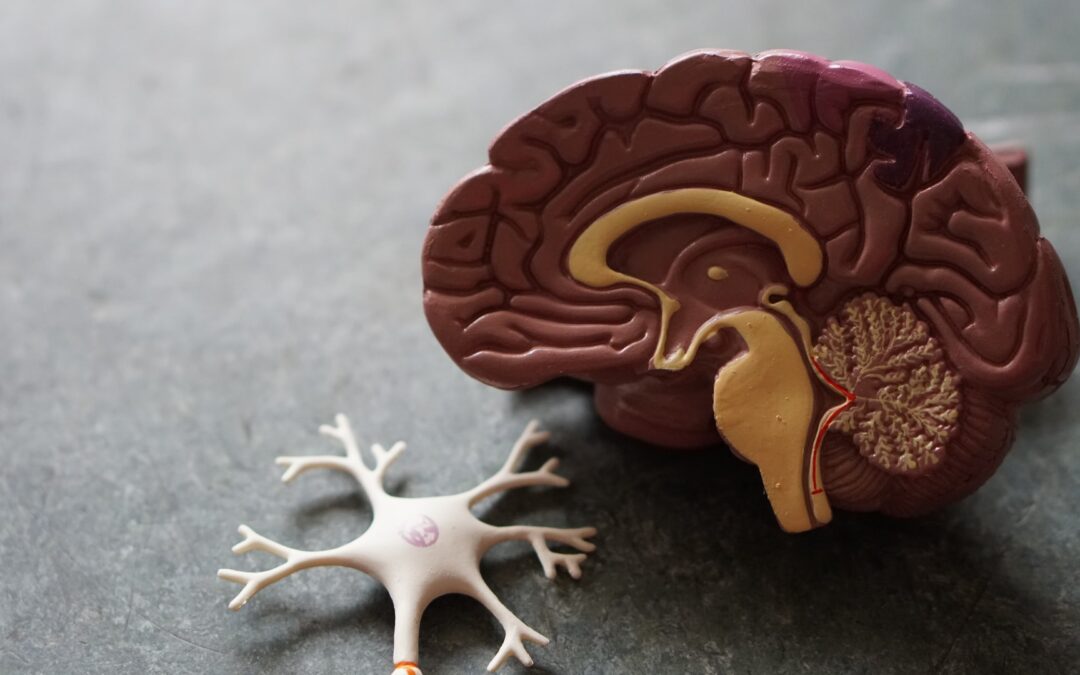Depression is a serious mood disorder with symptoms that include prolonged sadness, irritability, and hopelessness. It is the leading cause of disability worldwide, and afflicts approximately 16 million adults in the United States each year.
Antidepressant medications have traditionally been used to curb symptoms of this disorder. These drugs can take weeks—or even months—to begin working, and many times patients fail to respond to these drugs as a treatment option altogether. Only about 40% of patients experience relief.
In recent years, the FDA approved the first new type of psychiatric drug for depression to be brought to the market in decades, esketamine. Esketamine was developed in response to the wild success of ketamine as a treatment for depression, though ketamine is hardly a new drug. It was first synthesized in 1962 and has been used as an anesthetic for humans and animals, as well as an analgesic for acute pain symptoms, especially in emergency settings. Because of its wide array of uses, ketamine is included on the World Health Organization’s (WHO) list of essential medications.
When it comes to relieving the symptoms of depression, ketamine is fast-acting and highly effective. It starts working within hours instead of weeks or months, and is effective for about 70% of patients. These results have sparked excitement amongst the psychiatric community. Despite this excitement, it is still relatively unknown exactly how this substance acts in the brain to fight off depression.
How Ketamine Works in the Brain
Currently, there are several theories that are being explored in regards to how ketamine works in the brain. The first one relates to changes in the brain’s synapses. Researchers identified that those with depression experienced a loss of synapses in a certain area of their brains. When given a dose of ketamine, these same synapses were restored, indicating that the drug was helping to actually repair these damaged circuits.
It is also thought that ketamine works so well because it targets a different neurotransmitter from traditional antidepressants. Ketamine targets glutamate, which produces and balances Gamma-Aminobutyric Acid (GABA), a calming neurotransmitter. Overactive glutamate receptor genes can cause imbalances with GABA, causing changes in mental health. Namely, a depletion of GABA can result in depression.
Researchers will continue to study how ketamine affects the brain when it comes to depression. Now, ketamine is available at clinics like ours around the country. Research shows that ketamine infusions result in minimal side effects, and is safe for use as an antidepressant. Not everyone is a candidate for ketamine infusions, so if you or a loved one is struggling with depression or another psychiatric disorder, contact us for a free consultation. Our Modesto, CA ketamine clinic will help you decide if ketamine is the right antidepressant for you.

